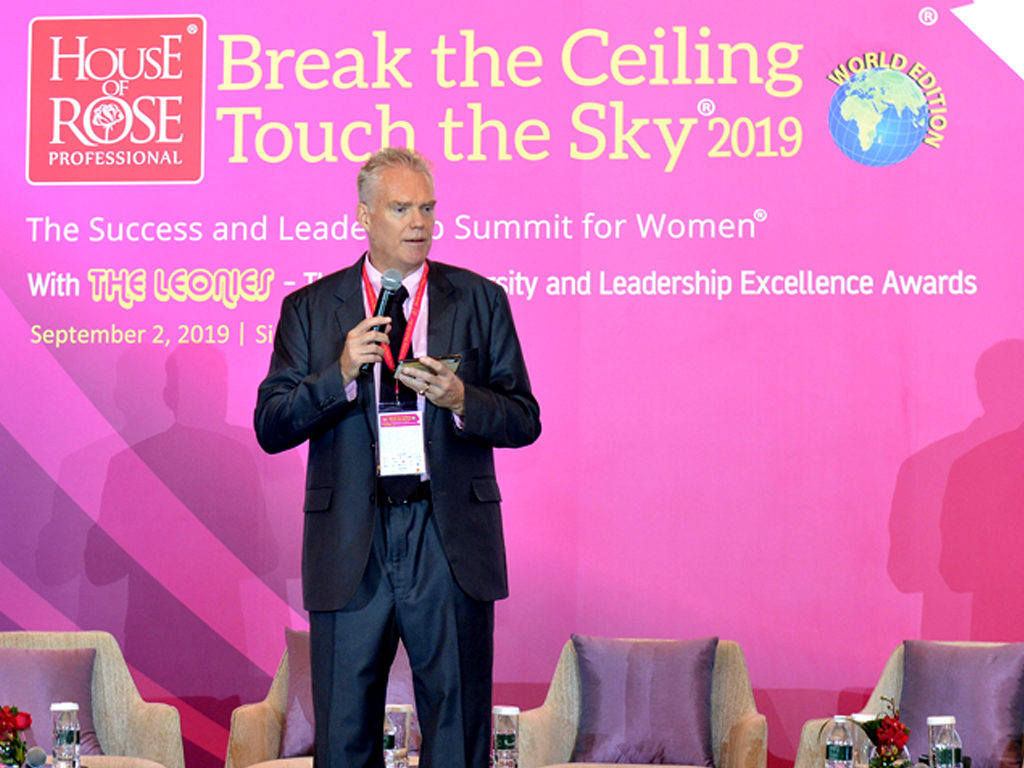I have always believed in the power of being a good listener and leveraging great coaches. I learnt this when I was a student at Oxford and was fortunate enough to be coached by some of the brightest economics professors in the world. Over the course of my career at McKinsey, Coca-Cola and Unilever I consistently saw the power of great coaching at work. Then at the senior-most levels I saw the impact of even more focused executive coaching. In 2017, after retiring from Unilever as its Global Chief Customer Officer, I decided to train to become an executive coach myself. The work we do at CEOSmith® is an important aspect of developing leaders for the C-Suite.
Here are six benefits from having an executive coach:
1. Establishing and meeting a specific objective/set of objectives: Executive coaching is different from informal mentoring or coaching one might receive from a helpful peer or senior. It is an explicit “contract” set up to establish and meet a specific objective of improved performance desired by you. Your executive coach can help you be clear about your key objectives and goals and then guide you to articulate them before you start working together on those goals.
2. Total confidentiality: An executive coach assures total confidentiality, allowing you to explore new and existing areas of thinking with no risk outside the conversation. At the C-Suite level this is of ever-increasing importance. You can feel safe to share your toughest, deepest experiences and information in conversations with an executive coach and be assured that these will never go beyond the two of you.
3. Objectivity: You will never get this level of objectivity from anyone else, neither bosses, peers, subordinate, partners or random experts. As well intentioned as all these other groups might be. An executive coach can look at your situation with the level of objectivity that enables you to make changes and adjustments through the process against your objective. With an executive coach you will have freedom to bounce new ideas off someone without being judged, especially if the coach has relevant business experience.
4.Opening up new possibilities: A coach is trained to look at things in new and different ways and will leverage this to provide you with fresh perspectives. In fact an executive coach can open your mind to completely new possibilities, allowing you to consider taking different actions and seize new opportunities that may otherwise have eluded you.
5. Helps you lead with your strengths: A good executive coach will enable you to leverage your unique strengths by making you more aware of them and how you can leverage them towards meeting your objectives and working better with your team/organization. Greater self-awareness about your strengths and development areas will also enable you to communicate better.
6.Accountability: Finally, a coach makes you accountable and will hold you to your actions and helps review progress against what you committed to do from meeting to meeting. That ensures ongoing progress against your key objectives, the very basis of this important relationship.
Over the duration of your “contract” all of the above will enable better self-awareness, health, performance and impact and ultimately life and job happiness.
About Alex: Alex is the President of vBA Consulting and retired in 2016 as Global Chief Customer Officer, Unilever Plc. Alex is also Senior Advisor, House of Rose Professional Pte. Ltd. At Unilever Plc. as Chief Customer Officer, Alex led the customer function for Unilever. He headed up the global team responsible for driving the Unilever Customer Development strategy across its major markets, building key capabilities. He also led the Global Customer teams handling global strategic customers including Walmart, Tesco, Metro and AS Watson in building collaborative growth opportunities, and helped lay the foundations of Unilever’s E-Commerce strategy.
